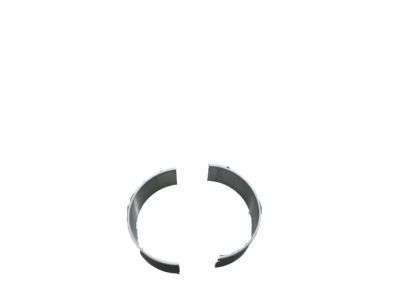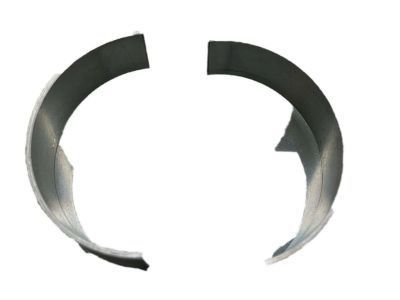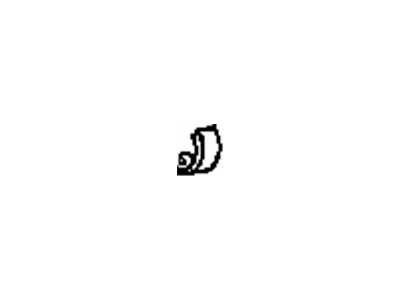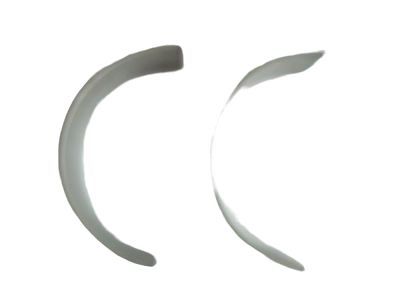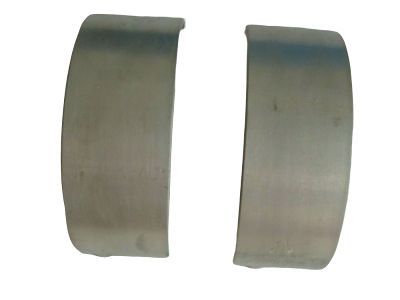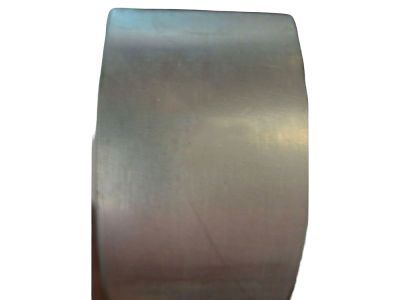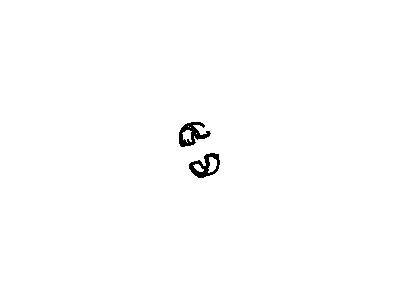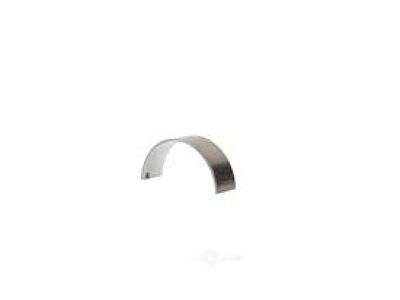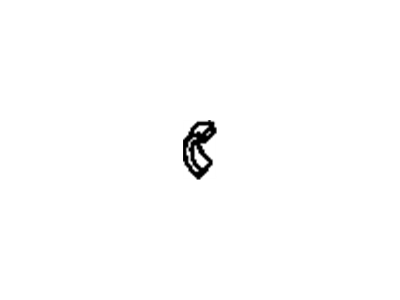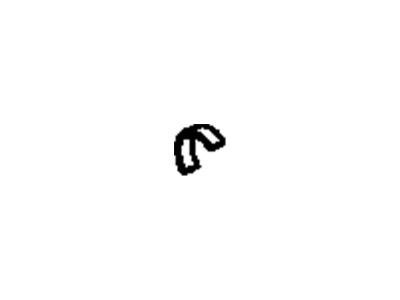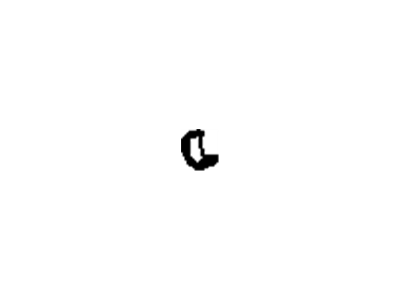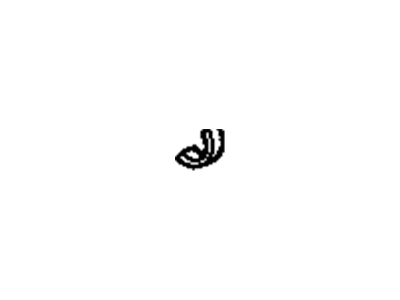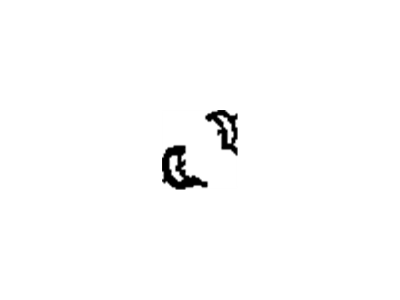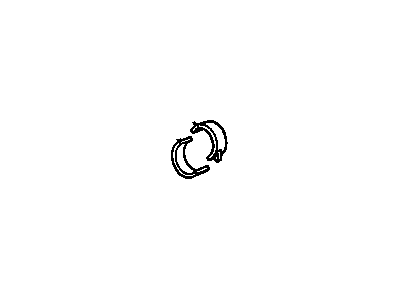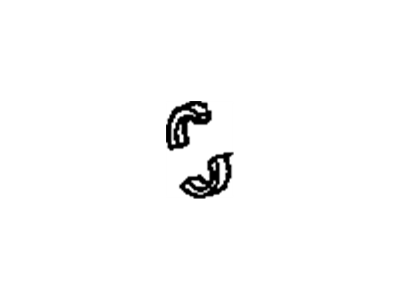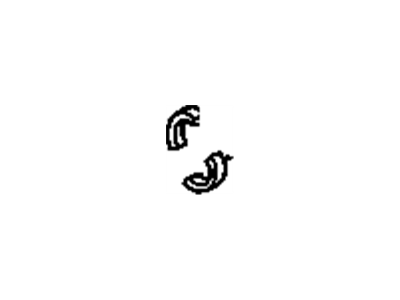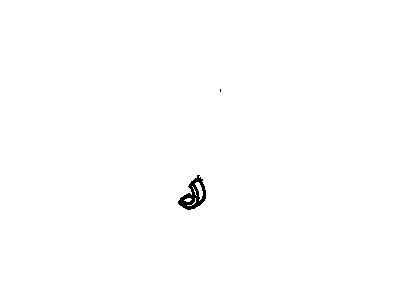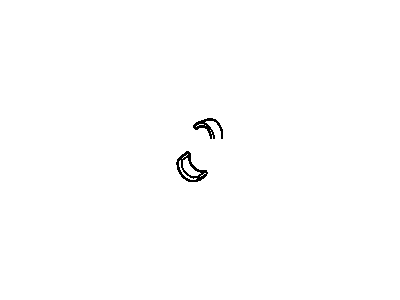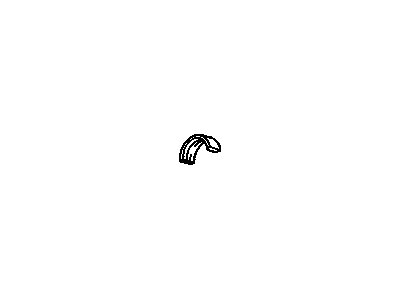
My Garage
My Account
Cart
Genuine GMC Jimmy Rod Bearing
Engine Connecting Rod Bearing- Select Vehicle by Model
- Select Vehicle by VIN
Select Vehicle by Model
orMake
Model
Year
Select Vehicle by VIN
For the most accurate results, select vehicle by your VIN (Vehicle Identification Number).
18 Rod Bearings found
GMC Jimmy Bearing ,Connect Rod
Part Number: 12517006$37.81 MSRP: $91.12You Save: $53.31 (59%)Ships in 1-3 Business DaysGMC Jimmy Bearing Pkg, Rod (Std)(Service Pkg)
Part Number: 12329715$14.78 MSRP: $29.81You Save: $15.03 (51%)GMC Jimmy Connect Rod Bearing Kit
Part Number: 19256448$15.87 MSRP: $26.27You Save: $10.40 (40%)Ships in 1-2 Business DaysGMC Jimmy Connect Rod Bearing Kit
Part Number: 12523924$32.23 MSRP: $53.34You Save: $21.11 (40%)Ships in 1 Business DayGMC Jimmy Connect Rod Bearing Kit
Part Number: 10181277$30.32 MSRP: $50.17You Save: $19.85 (40%)Ships in 1-2 Business DaysGMC Jimmy Bearing Kit,Connect Rod (.002U/S)
Part Number: 12329426$3.87 MSRP: $20.29You Save: $16.42 (81%)Ships in 1-2 Business Days
GMC Jimmy Rod Bearing
The Rod Bearing in GMC Jimmy automobiles is used to hold crankshaft and connecting rod in place but rotates letting little friction between them. These bearings are most often plain bearings, but can be made of bi-metal or tri metal. Bi-metal bearings are made of aluminum alloy and tri-metal bearings are made of copper insert metal and overlay of lead-tin-copper alloy to get better strength and especially for better wearing resistance. In the years of production, different types of Rod Bearings have been used in GMC Jimmy and these mainly included the tri-metal bearing type of bearings that are used in the high performance models since they can withstand high levels of power outputs. Performance Rod Bearings can also possess other features like exclusive dry film lubrication and custom designed eccentricity for the finest oil gap and feeding. Normal fixing and servicing of the Rod Bearing should be done to ensure the optimal usage of the GMC Jimmy engines.
Each OEM GMC Jimmy Rod Bearing we offer is competitively priced and comes with the assurance of the manufacturer's warranty for the part. Furthermore, we guarantee the speedy delivery of your orders right to your doorstep. Our hassle-free return policy is also in place for your peace of mind.
GMC Jimmy Rod Bearing Parts Questions & Experts Answers
- Q: What are the essential steps and considerations during an engine overhaul regarding Rod Bearing replacement and inspection on GMC Jimmy?A:In most cases when the engine is overhauled one is required to remove the main & connecting rod bearings then replace them with fresh ones while the removed bearings act as a bench reference on the status of the engine. Failure of bearings mainly results from lack of lubrication, presence of dirt or other particles, overloading of engine, and rusting hence corrections must be done before assembly to avoid the same. While inspecting the bearings they should be withdrawn from the particular place or area and arranged on the clean surface so that they can be match-marked or compared to the crankshaft journal. Contaminants can be brought into the engine during assembly, thru filters, or from machining operations and become lodged in the bearing material and cause scoring or gouging. To avoid this, all parts should be cleansed properly, and the oil and filter changed as often as should be. Lubrication can fail by burn-off, over; loading, leakage of oil, or plugging of the oil passages, and consequent severe damage may include the bearing material being extruded from its backing. There are also driving habits, which have considerable effect on bearings; for example, luging the engine will cause high loads and short trip causes corrosion. Further, improper bearing installation also shorten the life of the bearing as they can cause proper oil starved or, high spots that leads to failure.
